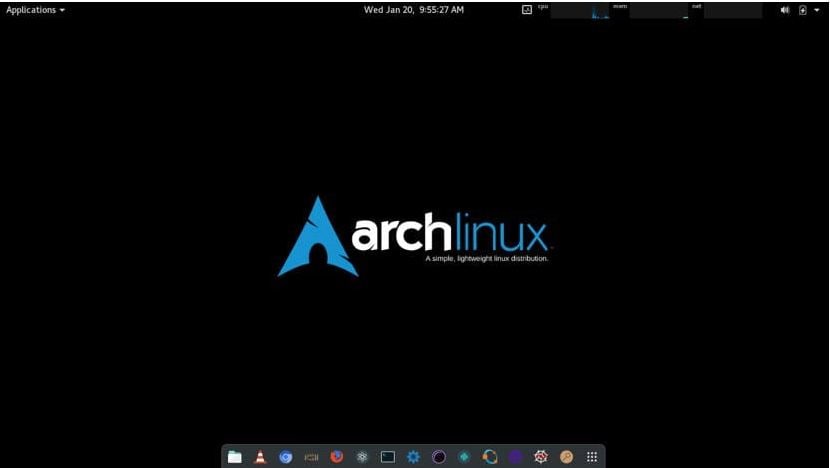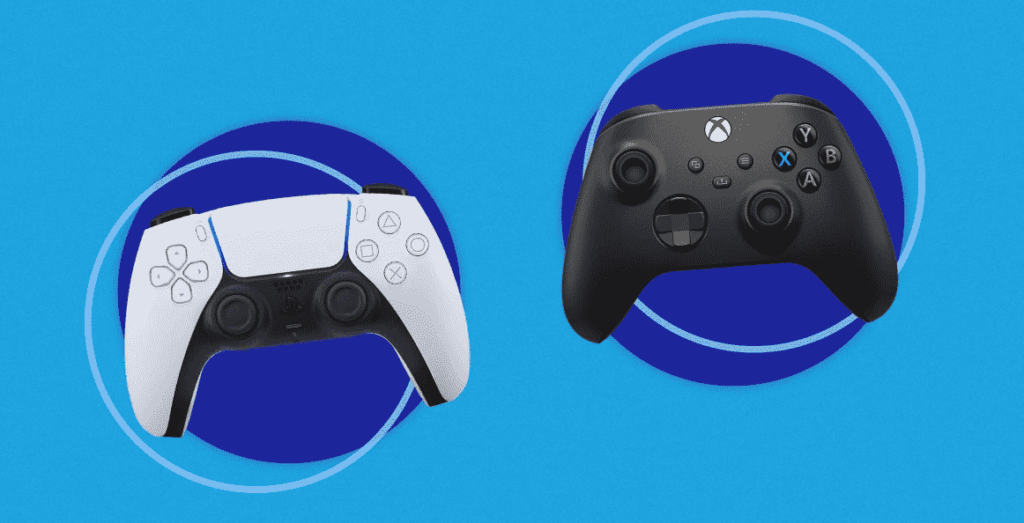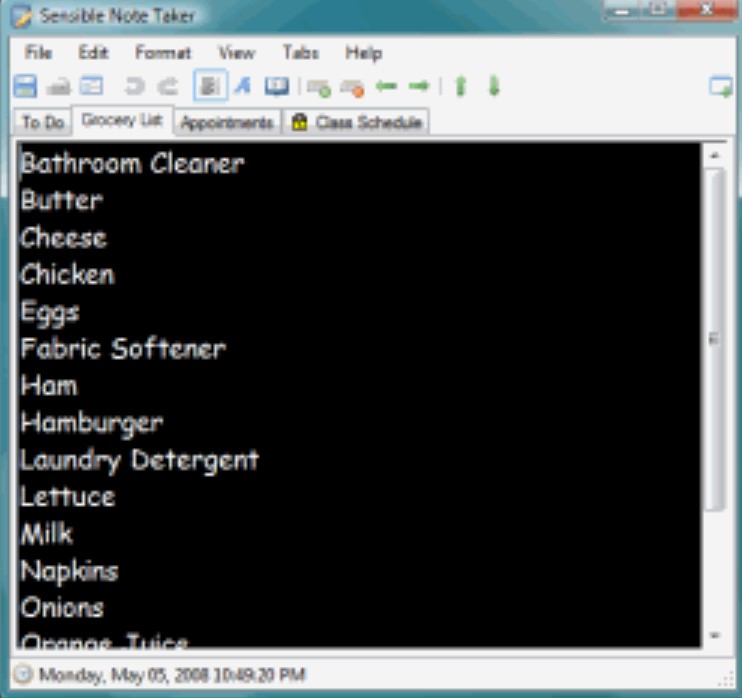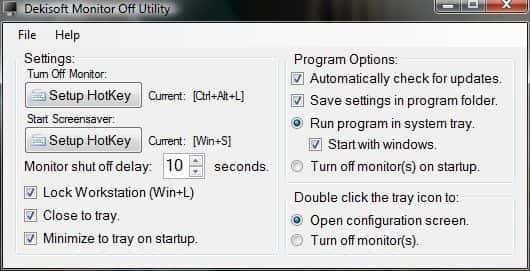
A completely different desktop experience is offered by Arch Linux and Ubuntu, it becomes quite a tough choice on what to select as our daily driver especially when we cannot ignore the benefits of both. We go over various important points comparing speed, gaming and if it is good for programmers and developers.
Now, how to choose one knowing their differences?
Ubuntu vs Arch Linux Comparison for Performance, Gamers and Programmers
Who is it really for
If we talk about Arch Linux then it provides users who wish to customize different elements of their OS such as customizing the desktop and much more with more of a Do-it-Yourself (DIY) experience.
It is best for those who want different packages, desktop environments and much more.
Ubuntu is for those who are looking for a free pre-configured step that too without any hassle for their system. In this users get an ideal desktop without the worry about how to set it up.
It does not aim at users putting a lot of effort into improvising their experience.
Initial Setup
The process is straightforward provided you get a GUI that helps to install it on the desktop.
Whereas for the second one, we rely on the terminal or command line, for now, it carries a guided installer through which it becomes easy to follow the process through the terminal.
In this case, Ubuntu is the choice of DekiSoft.
User Experience and Desktop

Ubuntu is best known to provide users with convenience and for this Canonical provides a customized GNOME desktop environment.
In this, we shall have not all but plenty of options.
It takes feedback from all its users and then improvises accordingly.
Whereas Arch Linux has more focus on functionality and technical aspects. In this user experience relies on how things have been set up when installing this.
We shall be relying on what the desktop environment offers out of the box. Keep in mind that it does not have any custom-made improvements.
If you want to get KDE Plasma, GNOME, or another desktop environment then you can give advantages as per preferences.
When installing this you can also select window tiling managers.
It provides the free will to define how we want our desktop experience whereas in the other we get a particular experience.
RECOMMENDED: 10 GTK Themes for Ubuntu 18.04 and 20.04.
File and Folder Structure

For Linux distribution, you don’t need to worry about the file system.
Whereas, Ubuntu on the other hand sticks to its ext4 for this, for this who are not aware, this is a robust file that carries all the essentials required for the modern computing experience.
Arch Linux is the call if you want to select different file systems for different benefits.
You can make a choice between ext4, btrfs and f2fs. There are many benefits, but be wise in choosing anything else over ext4.
Ecosystem for Games, Applications and Support
Talking about Ubuntu then it offers a huge range of apps due to which many popular distributions are based on it.
Many tools also support Ubuntu and are easy to install packages available. Packages can be installed via its official repositories, use PPAs, or its software center.
It does not come with an in-built Flatpak yet users can set it up to install them from Flathub.
In Arch Linux, we have access to various apps through its official repositories.
You shall need to utilize Pacman to install or even manage the packages. GUI to get depends upon the desktop environment you choose to install.
Like you can have access to GNOME’s software center if you are intending to install GNOME and also discover KDE plasma.
You need also to set up Flatpak or snap according to the requirement as it does not come built-in.
Use AUR to have access to more packages.
Despite that, this is quite a strong point for Arch Linux because the number of packages offered overall can be more and more extensive than what is given out.
To improvise experience, use AUR helpers.
Default Apps – Are they fast on either?
This is based on preferences, as because Arch Linux allows users to control everything when they set it up, you have the freedom to select and install a minimum number of packages.
Whereas if we talk about the other one, it comes pre-installed with many utilities, for few it comes in handy for the presence of valuable tools.
The packages which you do not need can be uninstalled at any time. Few users might find this to be unnecessary.
Now it is the user’s choice on what they want, important tools pre-installed or preferred distro through which we can install tools you need without any bloat.
Theming and Customization Capabilities
As we have explained above with Arch Linux we can have control over everything and also the freedom to customize our experience. It comes with Vim but some users prefer Neovim and change it.
It is much more than only being limited to desktop environments or tiling Windows managers.
We can choose the preferred audio server between pipe wire and PulseAudio.
Moreover, users can also select particular Kernels such as a hardened version for more security, a zen variant for the enhanced experience, or the LTS version of the Linux Kernel.
If we talk to Linux Kernel which has been tested thoroughly and by default uses PulseAudio.
In the end, it is your choice.
Online Forums
Ubuntu offers massive community support due to its vast user base. Today, many forums and portals are available on the internet which is there to guide users and help troubleshoot issues.
For quick help, you can ask around the forums.
Arch on the other hand does not offer users such kind of community support, but the Arch Linux wiki provides great documentation to compensate it.
For those who don’t know Arch Linux wiki is quite an extensive document if you wish to explore and know more about it.
How often updates are released

Ubuntu offers a version of long-term support that gets minor updates for almost 5 years.
Moreover, it also provides non-LTS versions which get updates for a time period of 9 months while having a new release date that is there every 6 months. It is designed primarily for those who wish to get the latest updates or packages with significant changes with each upgrade.
LTS is great for those who wish to have experience-breaking changes with each update.
Coming to Arch Linux, then it does not bother with any of these but relies on the rolling release schedule. In this, you receive updates either minor or major as they come.
This ensures that the user is always using the latest yet greatest packages. This, however, is good at times but can also be inconvenient for a few users when it breaks something.
Compatibility with Nvidia and AMD GPU for gaming

Ubuntu has a lot of popularity when it comes to desktops therefore it is tested down with compatibility with a huge range of hardware before releasing a version.
To summarize, Ubuntu offers users great hardware compatibility out of the box.
Talking about Arch Linux then it is not tested like the other so there are chances that it might not work with hardware you own.
Just because of features the latest and greatest Linux Kernel packages it has the ability to prove better in working than the competition in a few cases. Not a surprise!
If you are somehow confused regarding hardware compatibility, we suggest that you ask around and be sure that there are no known issues with the system you wish to run Arch Linux on. You can also play League of Legends and the FPS has also stabilized over the years with users now reporting fewer issues than before as driver support is better.
With the recent release of Ubuntu 23.04 canonical has now also included a stable channel of Steam snap. This means that gaming on Linux is now getting picked up much faster in a more scale.
Performance Stability
Ubuntu should be your go-to option if you do not need your distro to fail or encounter any error.
For Arch the answer is not that straightforward, it can either go well or go down with an update.
Arch is not inherently stable and users need to maintain it themself to make sure that nothing breaks with updates and customization.
Which to choose based on differences?
Ubuntu is perfect is you are looking for stability, compatibility, app ecosystem, and a learning curve in mind. Plus if you want things to be done on your system instead of tweaking the experience this is your call.
If you are looking for a desktop customization experience to suit your workflow and need to have some of the latest yet greatest stuff then Arch Linux is your call.
This can be an exciting experience if you want an adventure and want to go on a roller coaster ride.
Related Comparisons:
- Manjaro Linux or Gentoo – What is the major difference.
- Parrot OS vs Kali Linux for Ethical Hackers and Penetration Testing.
- Choosing between Manjaro and Ubuntu for Developers.
- Which Ubuntu release should you install as a developer or average user.
Arch Linux vs Ubuntu: Common Questions Answered
Is Ubuntu the best overall?
Yes and no, Arch Linux is quite better but as regular users, we need to consider its stability, app ecosystem, and learning curve to maintain it. The answer to such a question depends upon user preferences.
Is Arch faster in loading and booting?
Arch Linux has a minimal installation setup, but again, answers shall vary as per user configuration.
Ubuntu, on the other hand, is slower because it includes more and more packages and you might also find it bloated.
It all depends on your CPU and storage, if you have an SSD both feel very similar.
I already have Ubuntu installed, should I move over to Arch?
Arch Linux is your call if you are all about tweaking your experience, and want to have the latest yet greatest packages every time without worrying about stability.
If you only need basic and essentials to carry out various tasks on your system then Ubuntu is great for you.
Do you have to pay to use either distribution?
No, both are free and open source. You do not have to pay anything however you can do an optional donation to support the projects.
Overall Verdict: Ubuntu Vs Arch Linux
Ubuntu and Arch do not have many things in common apart from being based on Linux, seriously. If you are looking just to run a stable environment and without a lot of themes and customization then go for Ubuntu. If you are the complete opposite and love to modify your desktop, have cyber security or ethical hacking interest then Arch is the one you should choose after looking at the differences above.












